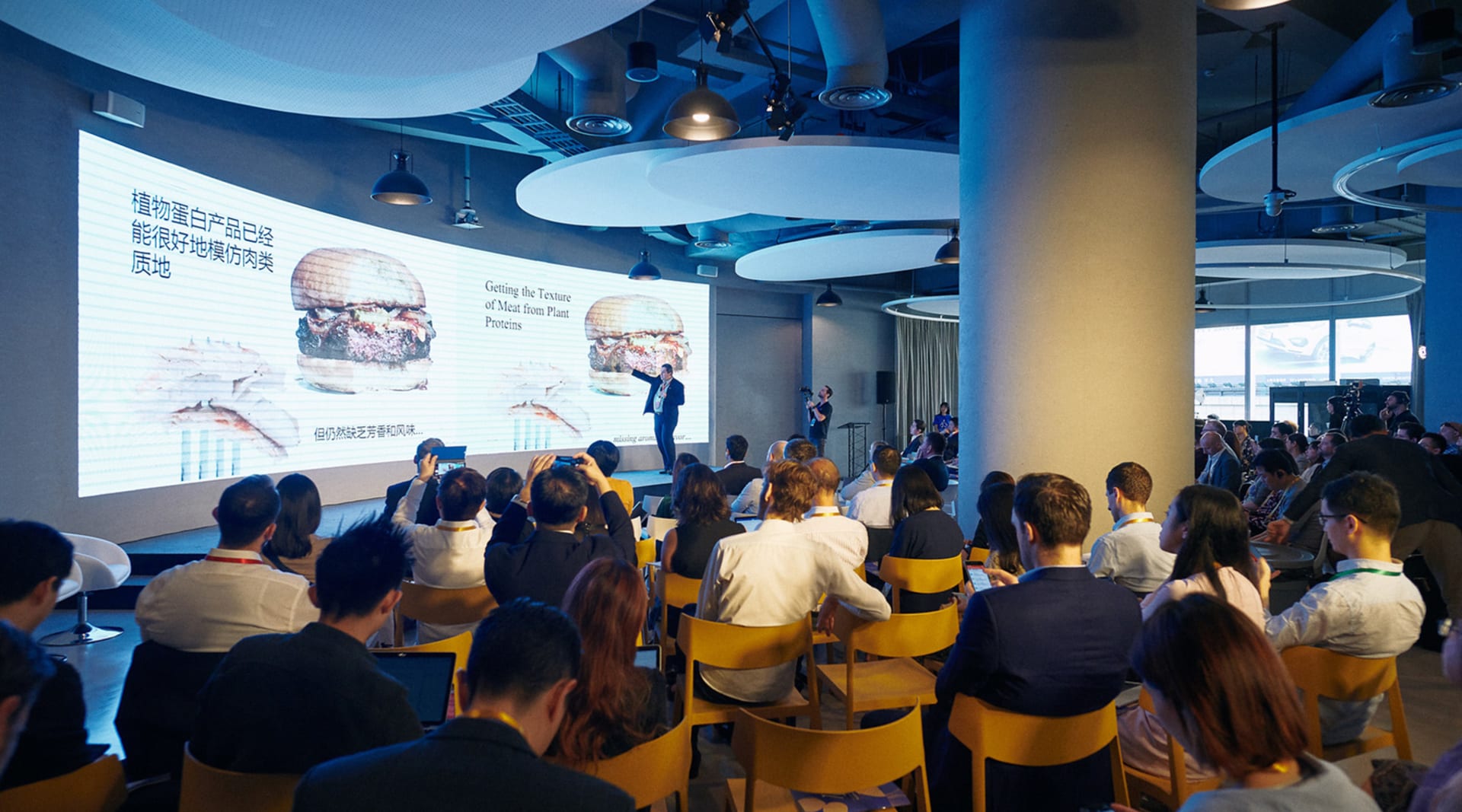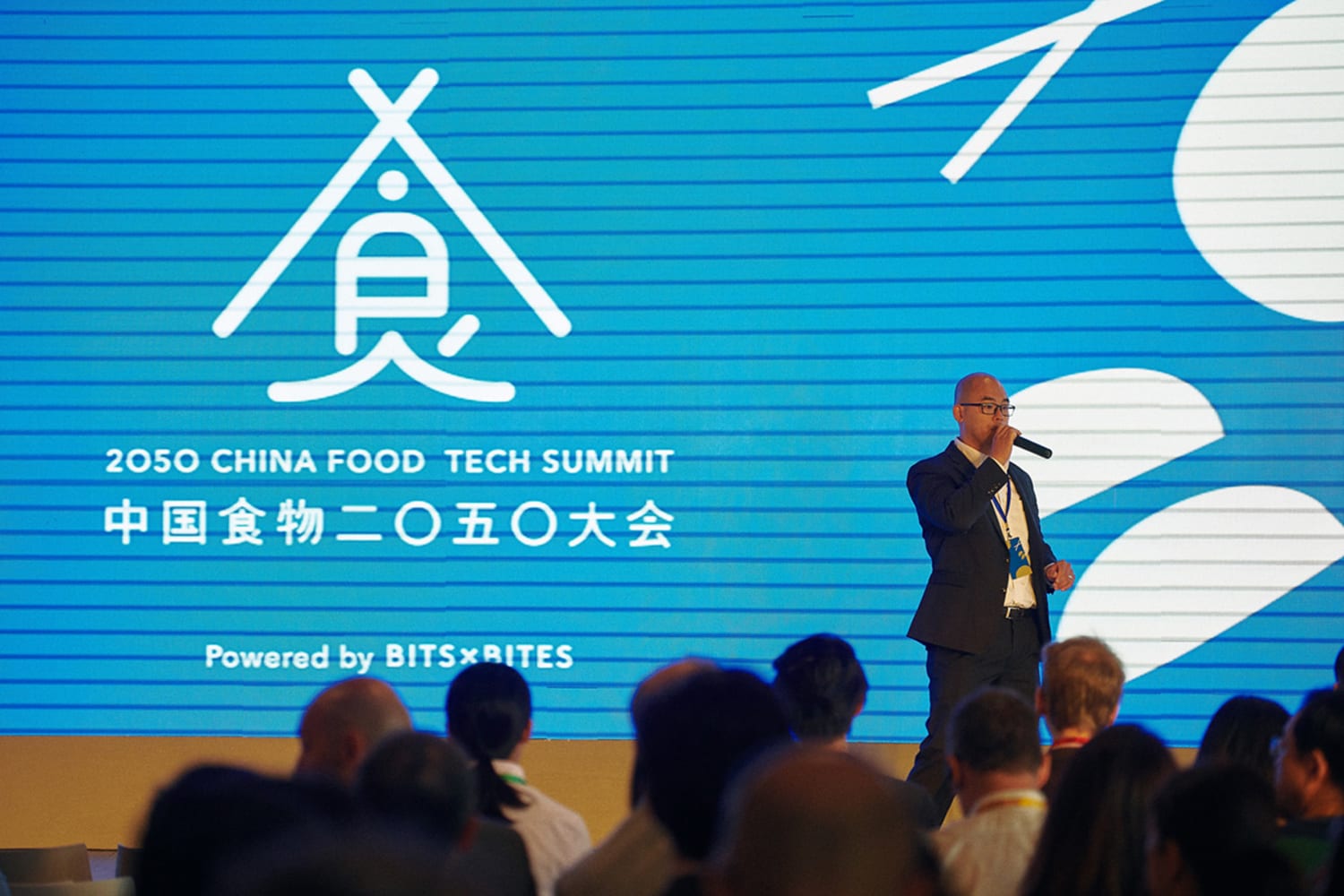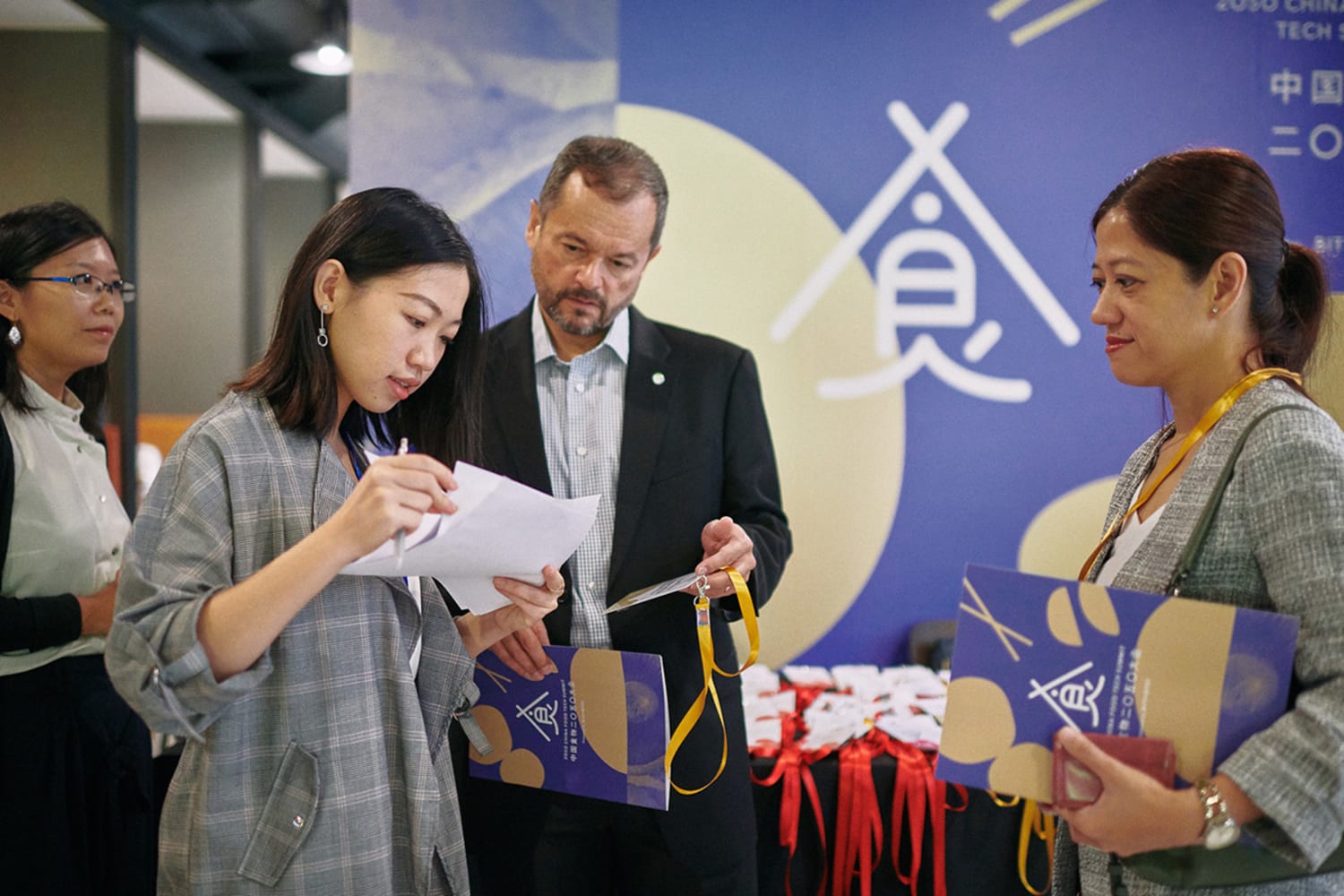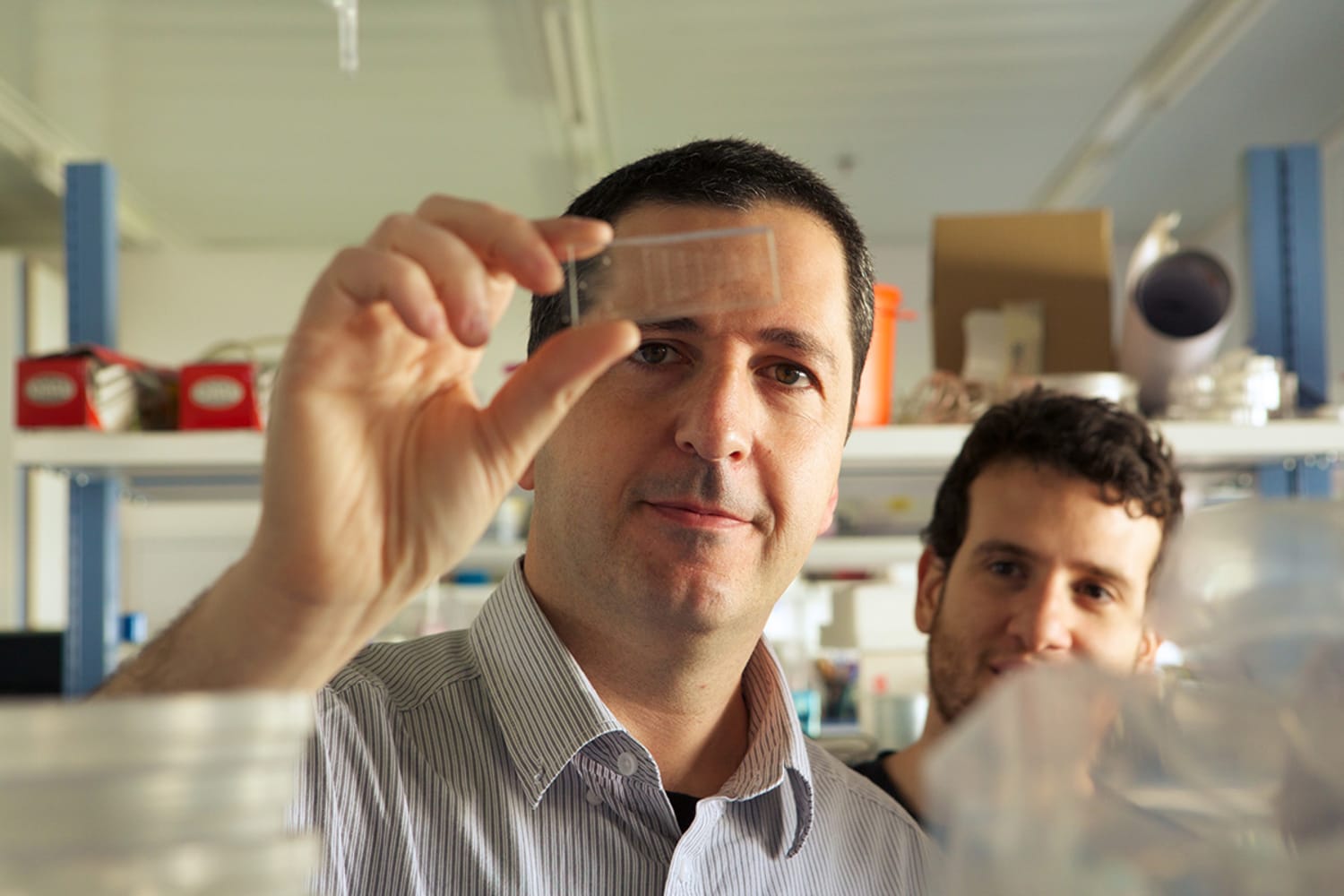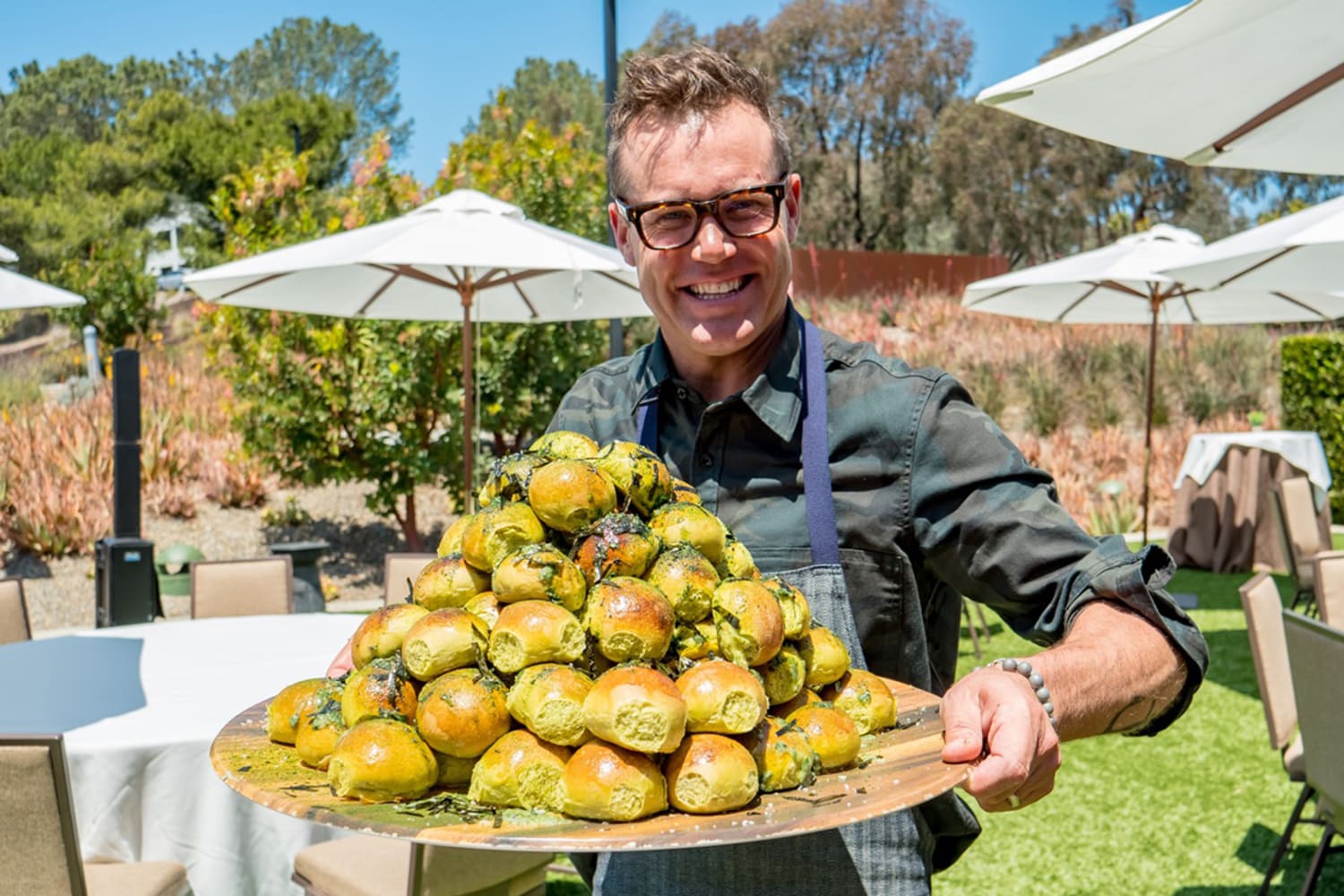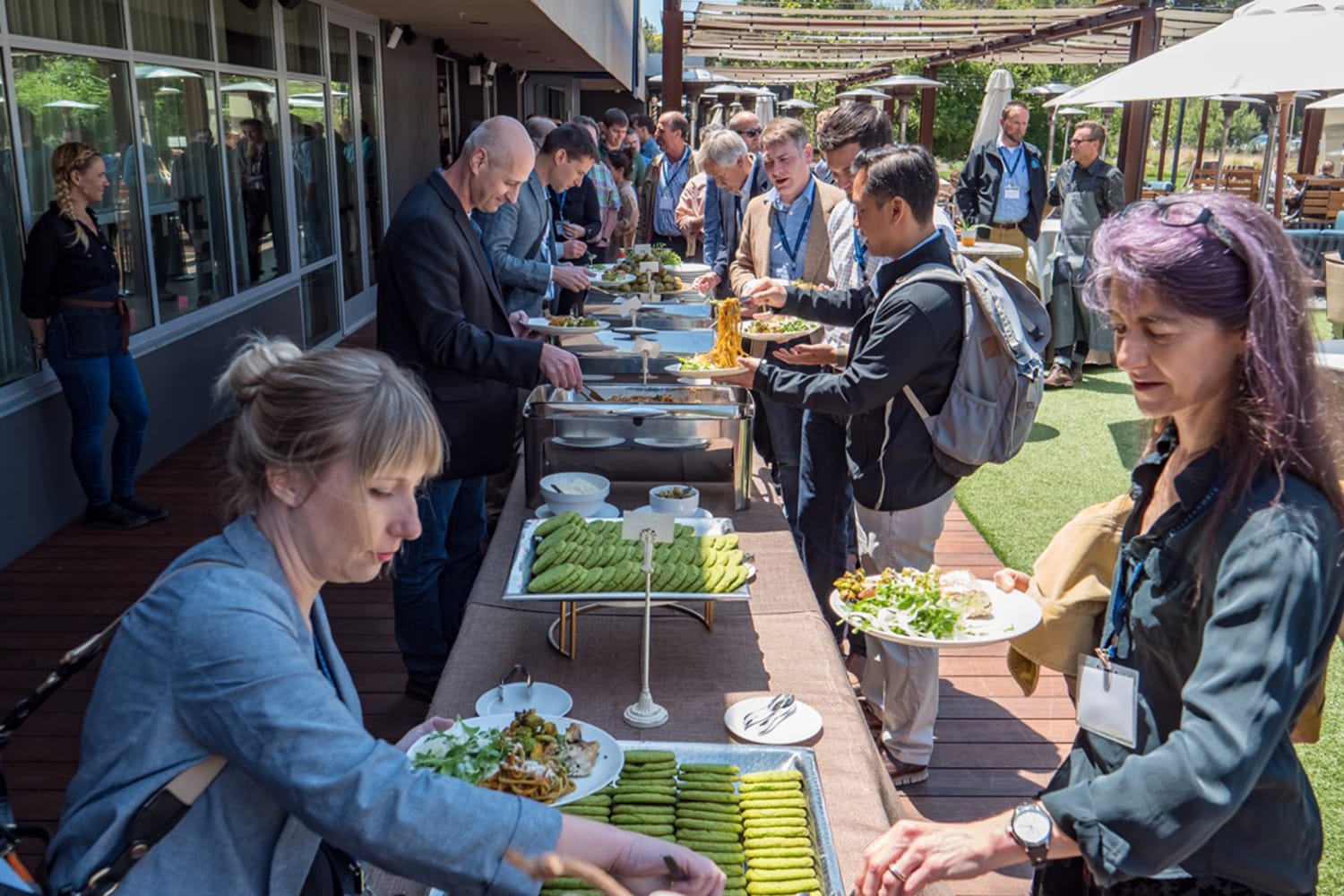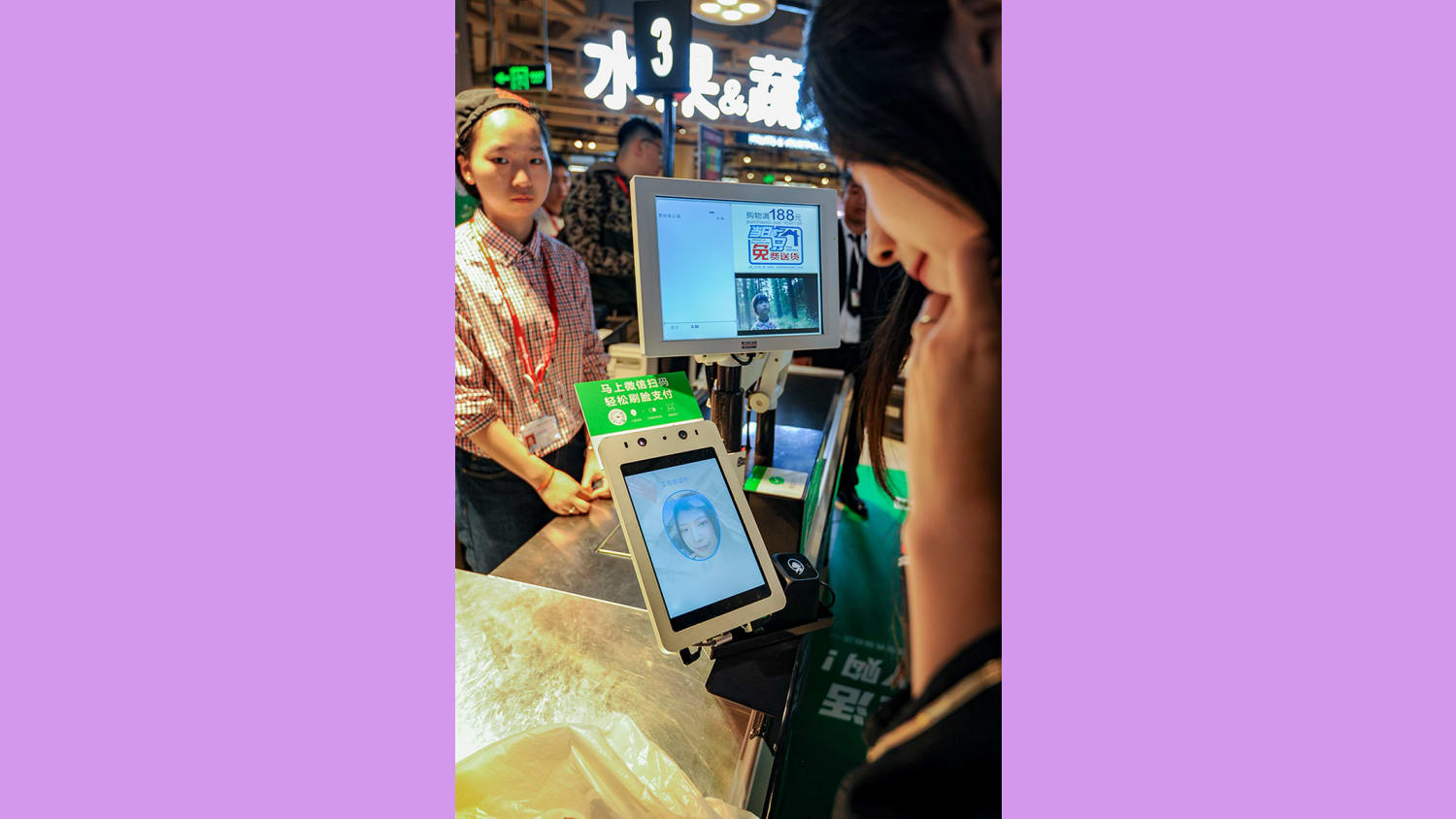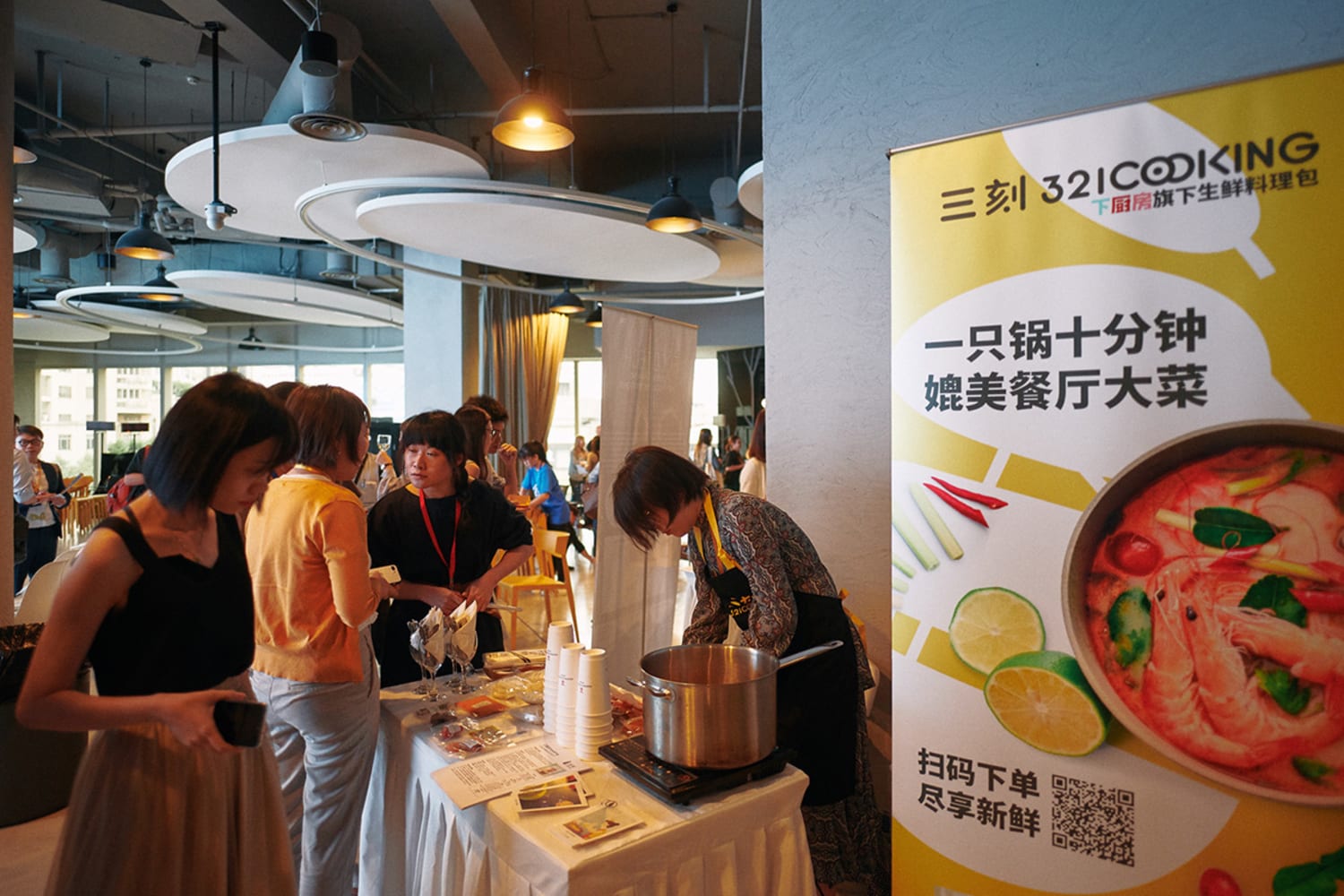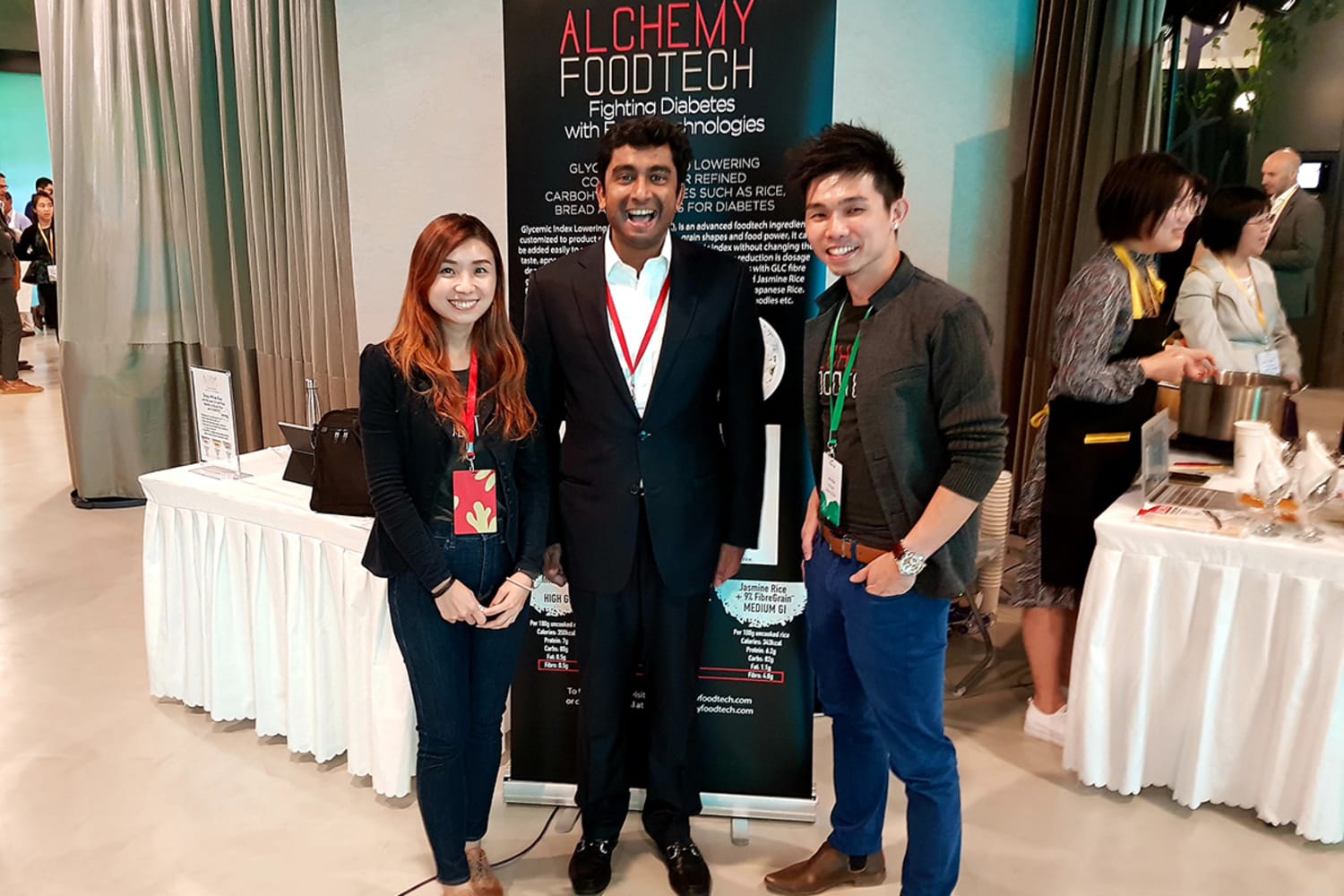With its huge population and history of famines, China’s food challenges in the past were centred on how to feed a multitude of people. The future will be more about feeding them well.
An unusual collection of players—from vegan evangelists to cultured-meat scientists, chickpea proponents, blockchain startups and venture funds—converged last week on the PwC Shanghai Innovation Centre, for what was billed as the country’s first food tech investment conference. The 2050 China Food Tech Summit—2050 is the year that the world population is expected to exceed 9.6 billion—was organized by Bits x Bites, a food-focused accelerator and venture fund.
